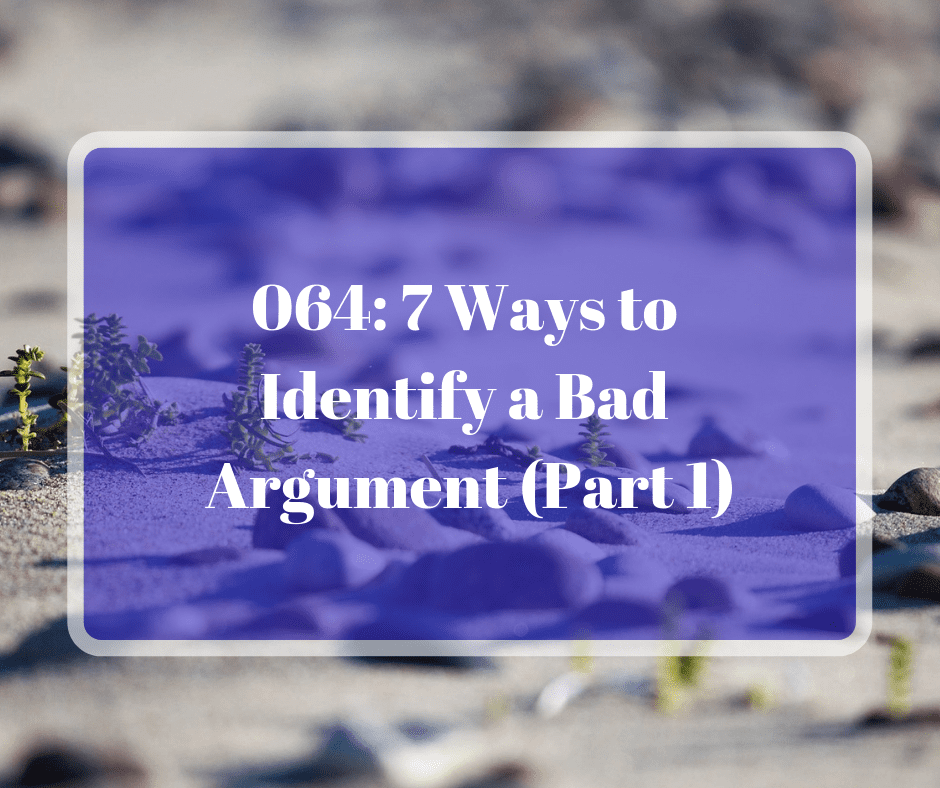When someone presents a claim or an objection to a claim you’ve made, are you able to spot the “fly in the ointment”?
Bad arguments, unfortunately, run amuck in both Christian and non-Christian circles. Sometimes it’s obvious when an argument is bad, but sometimes it’s much less obvious and requires work to uncover the rotten spots.
In this lesson (and next week’s lesson), I want to give you some tools that will help you spot such deficiencies. More precisely, we can uncover these logical fallacies by asking certain questions.
Over time, you will not have to run through arguments and evaluate them based on a list of questions; you’ll simply be able to pick out the problems at a glance. But it’s hard to get started if you don’t know how to evaluate an argument in the first place!
Listen in as we teach you how to overcome challenges that are based on bad arguments.
In this lesson, you’ll learn:
-
How do tell the difference between an objection to your claim, and an objection to you! Sometimes, this is obvious, but not always!
-
Why you must learn how to use the word “therefore.” You’d be surprised how many arguments fall flat because you can’t cogently use this word to seal the deal.
-
Why no claim or argument is better than the assumptions on which it stands, and how to tell whether or not an assumption might be justified in a particular case.
Mentioned in this lesson:
-
Interesting in helping with video transcription? Email me!
Thanks so much for listening. Please subscribe and share on Apple Podcasts!
Also, please consider donating to become a financial Partner of the ministry. God Bless!











[disqus_embed_code]